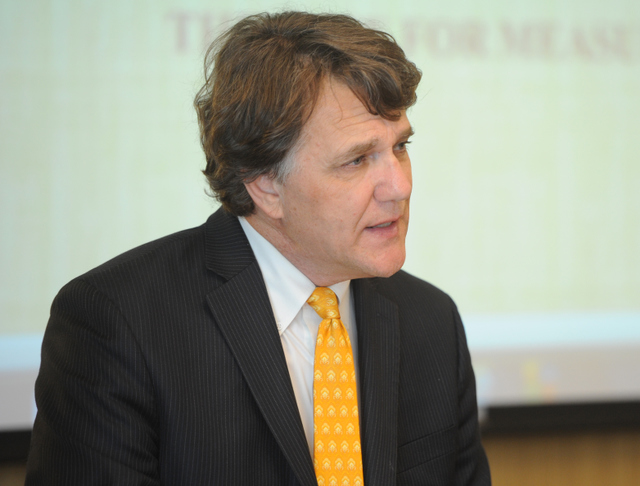Sales Tax Proves Popular
Poll Reveals Voters Mostly Support a One-Cent Increase

A survey of 800 Santa Barbara voters found that 64 percent of them would “definitely or probably vote” for a ballot measure to increase the city’s sales tax by one cent to fund a ballooning backlog of deferred maintenance projects. City finance staffers have estimated the one-cent bump would generate about $22 million per year to cover long-needed repairs to streets, sidewalks, parks, and traffic lights, as well as a new police station. Staff put the next 20 years’ worth of unfunded infrastructure needs at $546 million. “The costs aren’t going to get cheaper in the future,” said Councilmember Gregg Hart. “We can’t keep kicking the can down the road. This is pretty simple stuff that voters understand.”
Interestingly, the survey— conducted by Fairbank, Maslin, Maullin, Metz & Associates (FM3)— found that lower-income residents favored the tax increase the most. Nearly three-quarters of people earning under $50,000 said they supported the measure compared to two-thirds of residents making more than $100,000. “Those who earn the least are the strongest supporters of measures like sales-taxes increases, school bonds, and transportation measures,” said FM3 principal researcher John Fairbank. “They use the services more; they want more investment.” The majority of those polled also supported a full-cent increase over a half-cent, and most favored no sunset clause.
Longtime fiscal watchdog Lanny Ebenstein argued against the ballot measure, stating it would amount to the largest tax increase in the City of Santa Barbara’s history and cost the average family of four more than $16,000 over 20 years. Ebenstein also objected to the council deliberating over such an important item that he said received little public notice or debate. Councilmember Frank Hotchkiss was similarly opposed. He said heaping another financial burden onto residents— who are already shouldering more state taxes, a higher gas tax, and new minimum-wage requirements— would be unwise.
Hotchkiss, though, stood alone in his position on the council. The other six members voted to move forward with the process of putting the measure on November’s ballot. Staff will return in July with final language dictating a measure with “strict accountability” and no sunset clause. It would require a simple majority of votes to pass. Last year, 56 of 66 sales tax measures proposed throughout the state passed.



